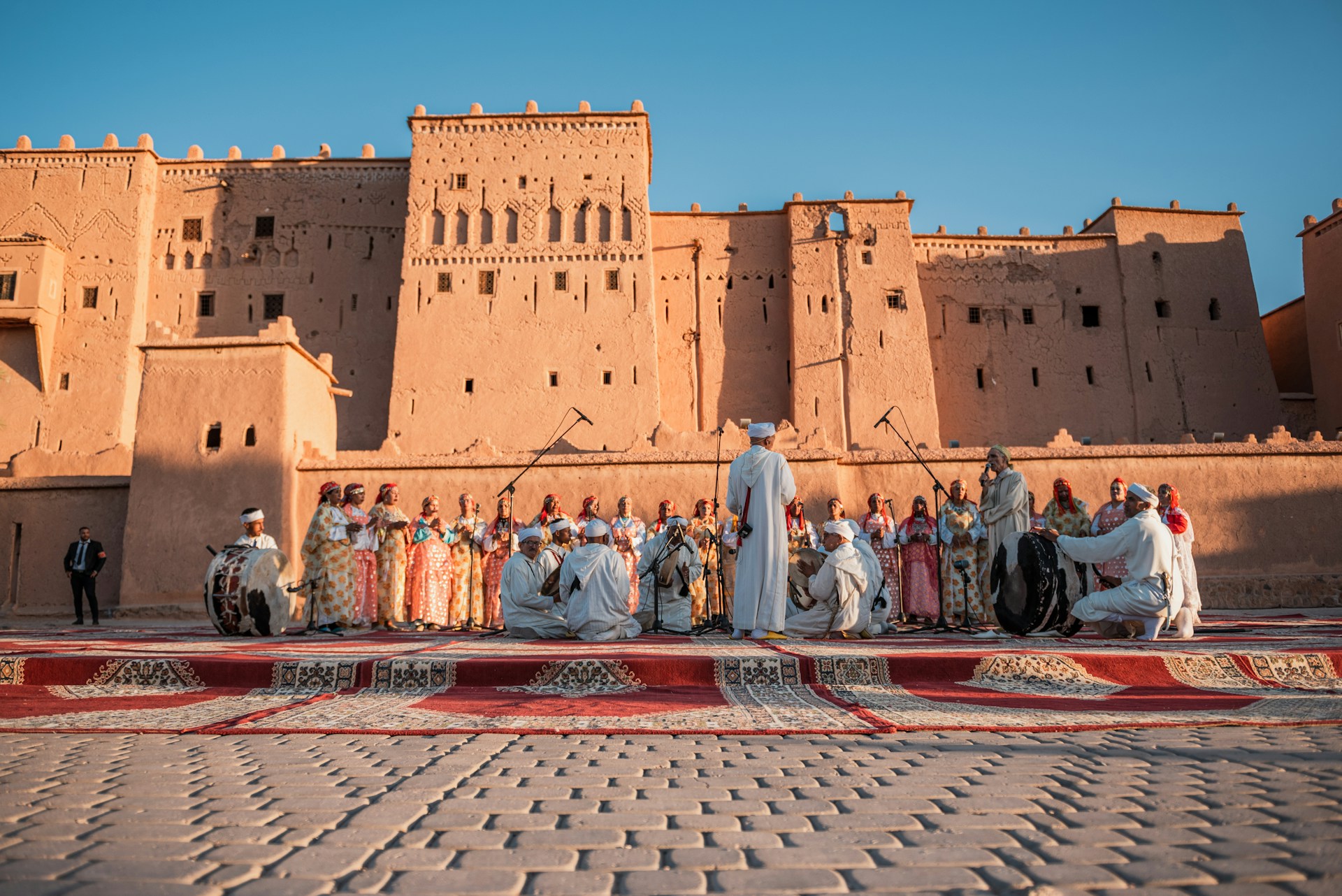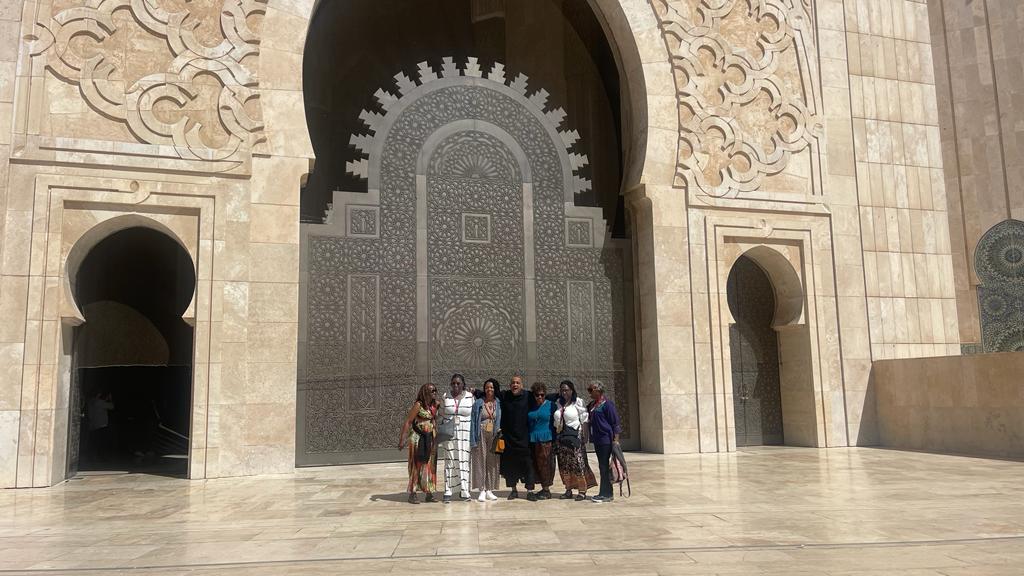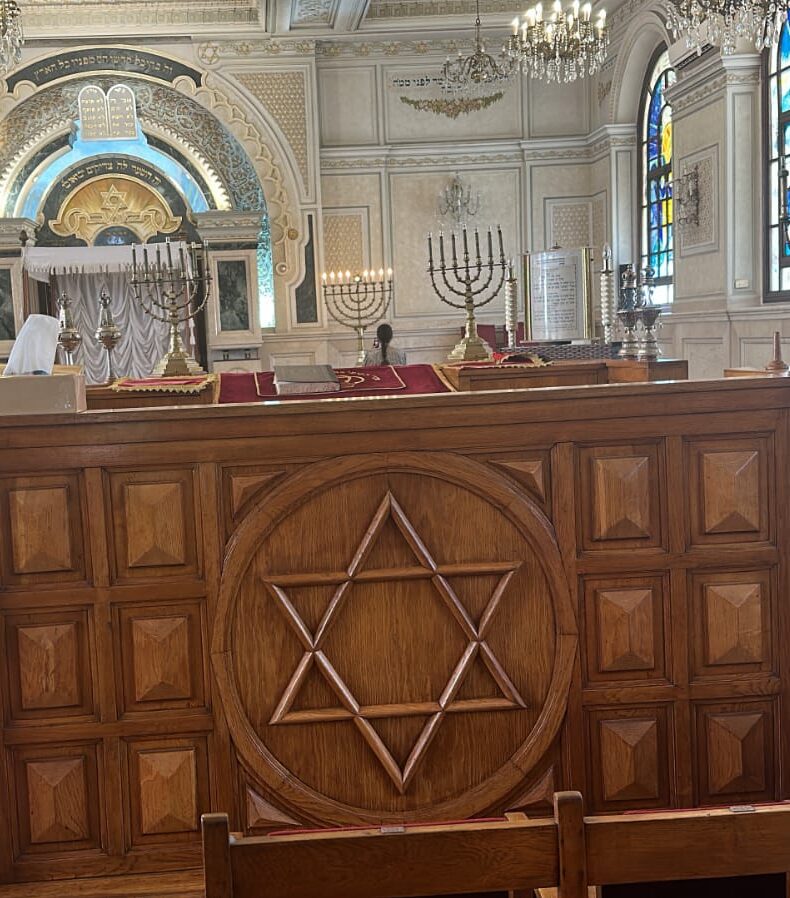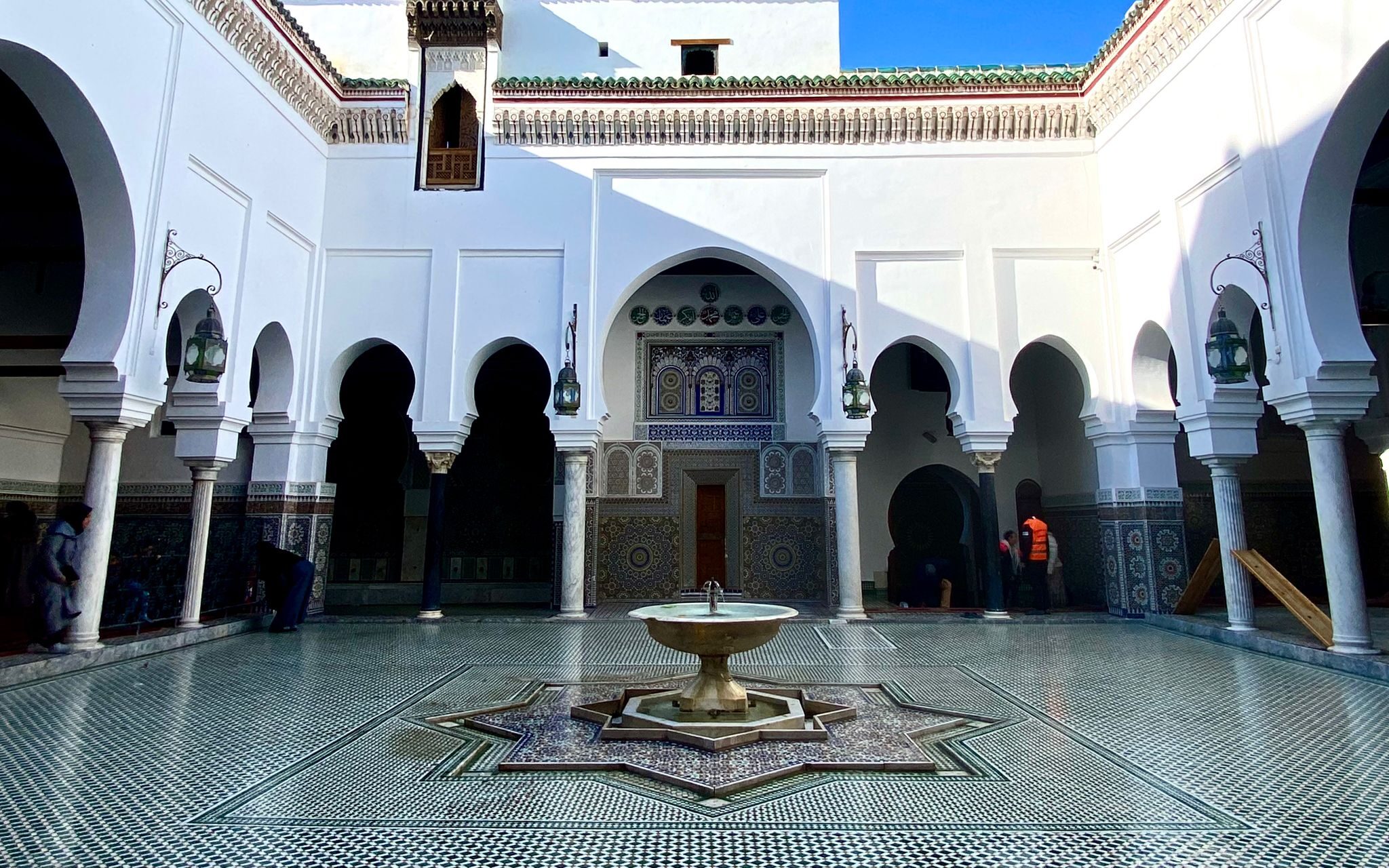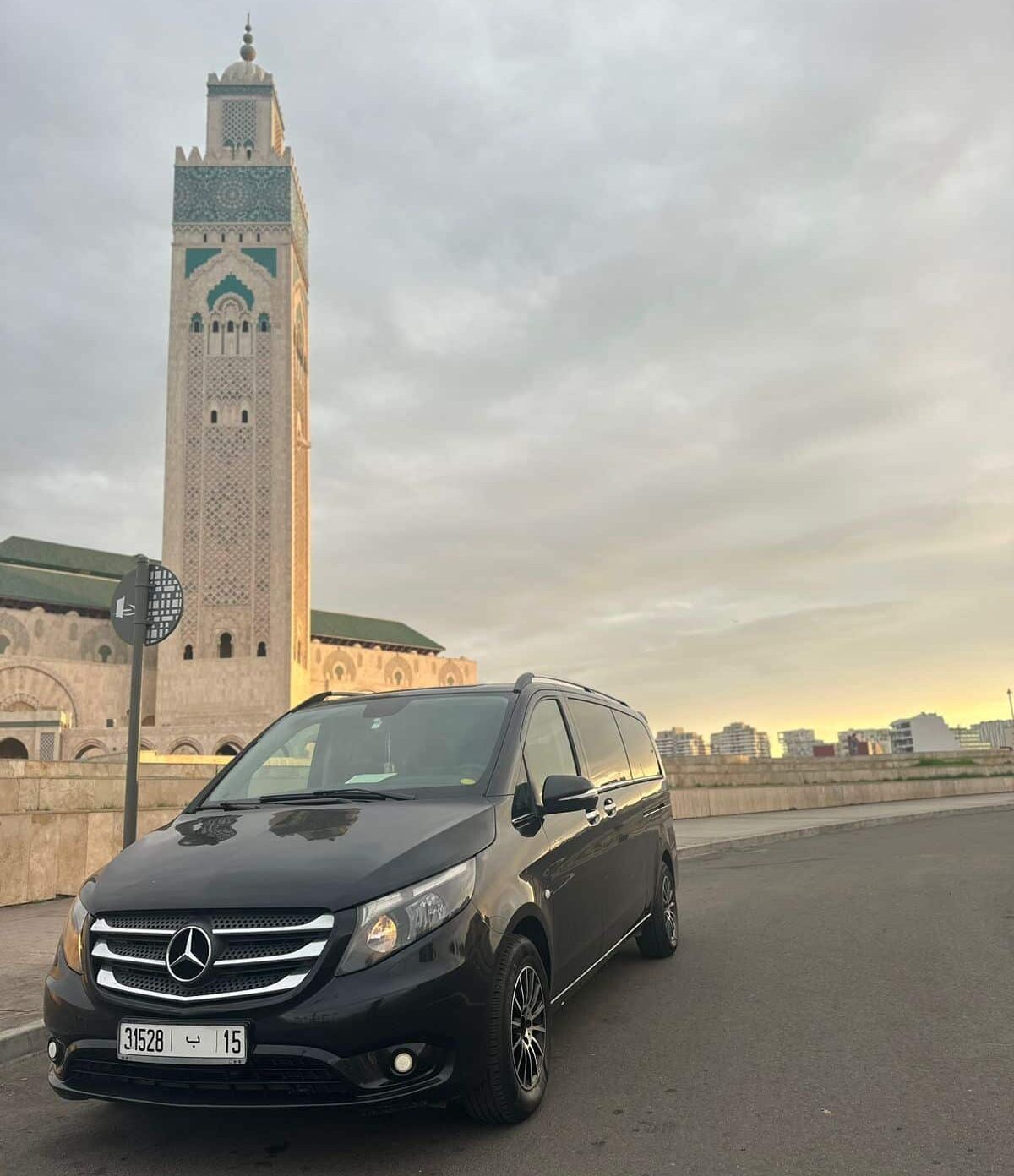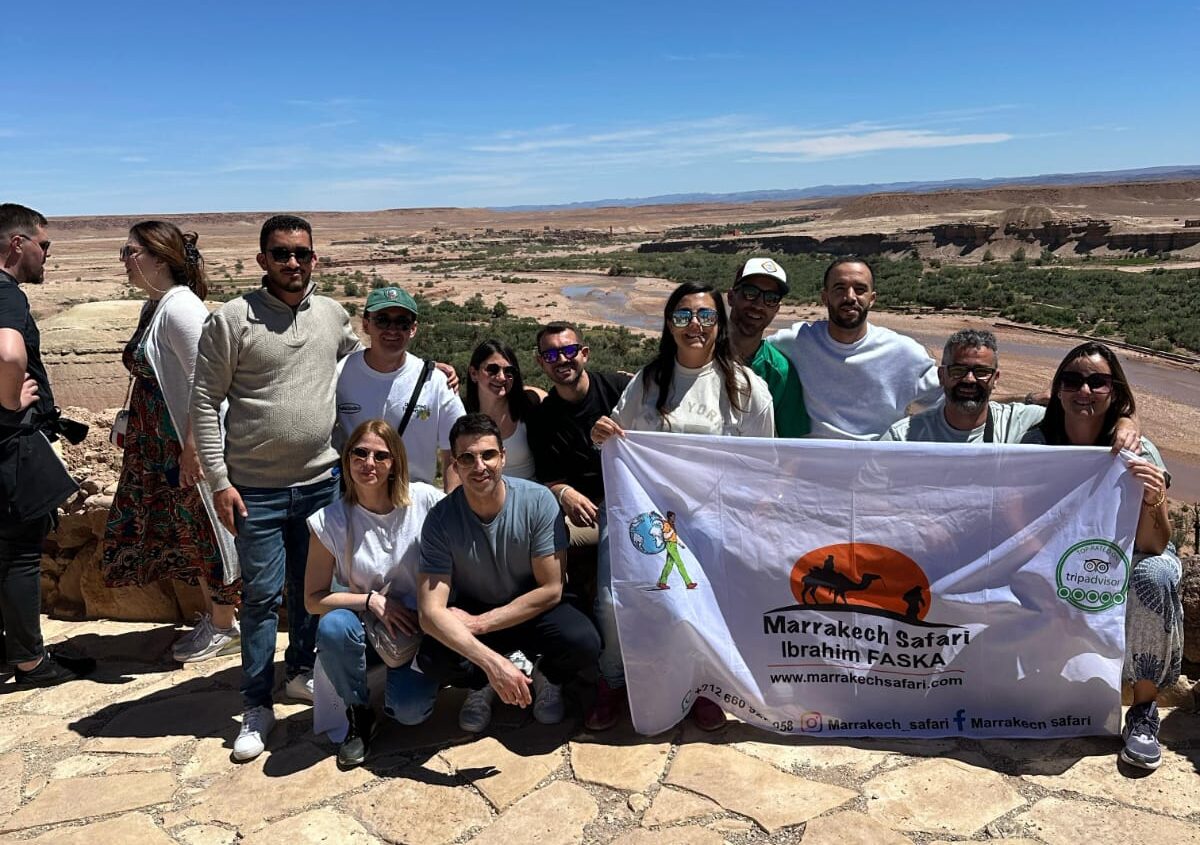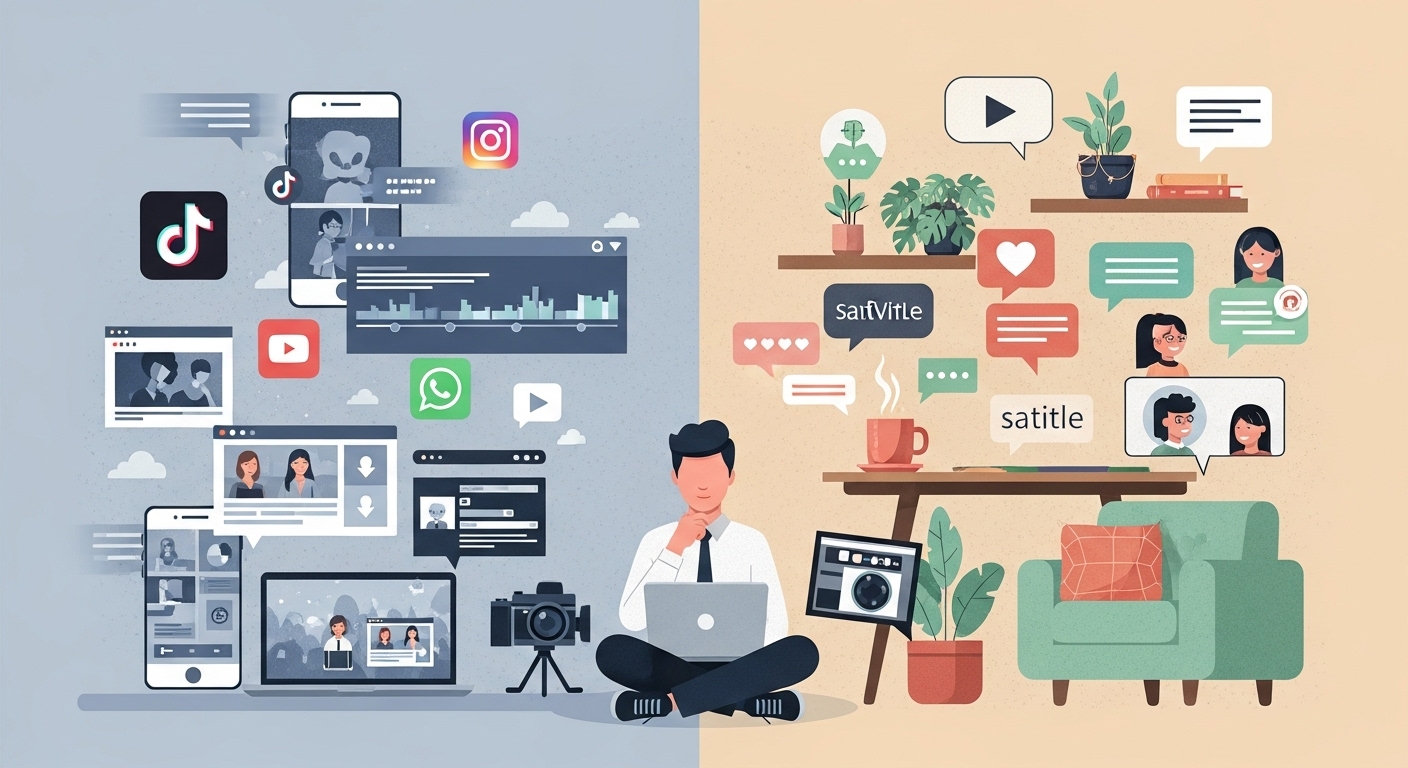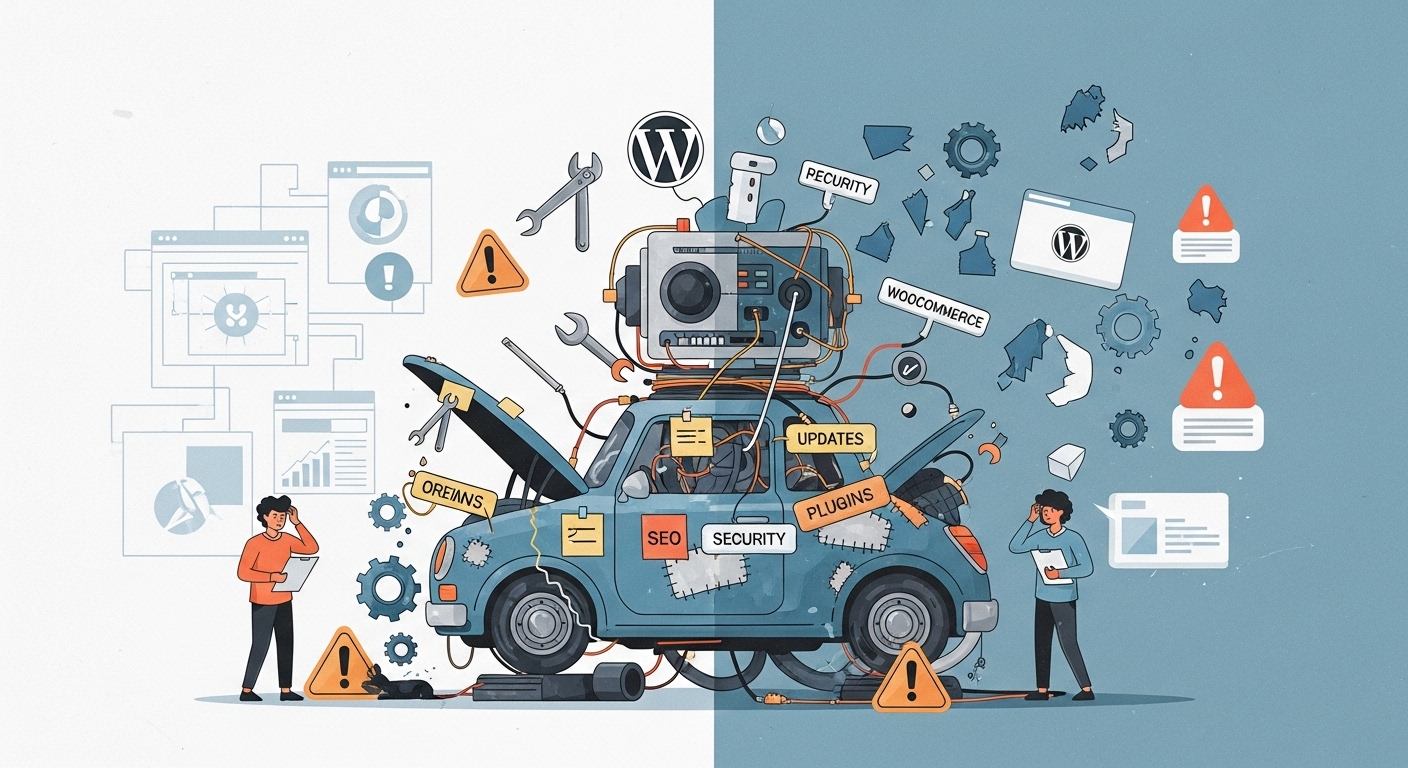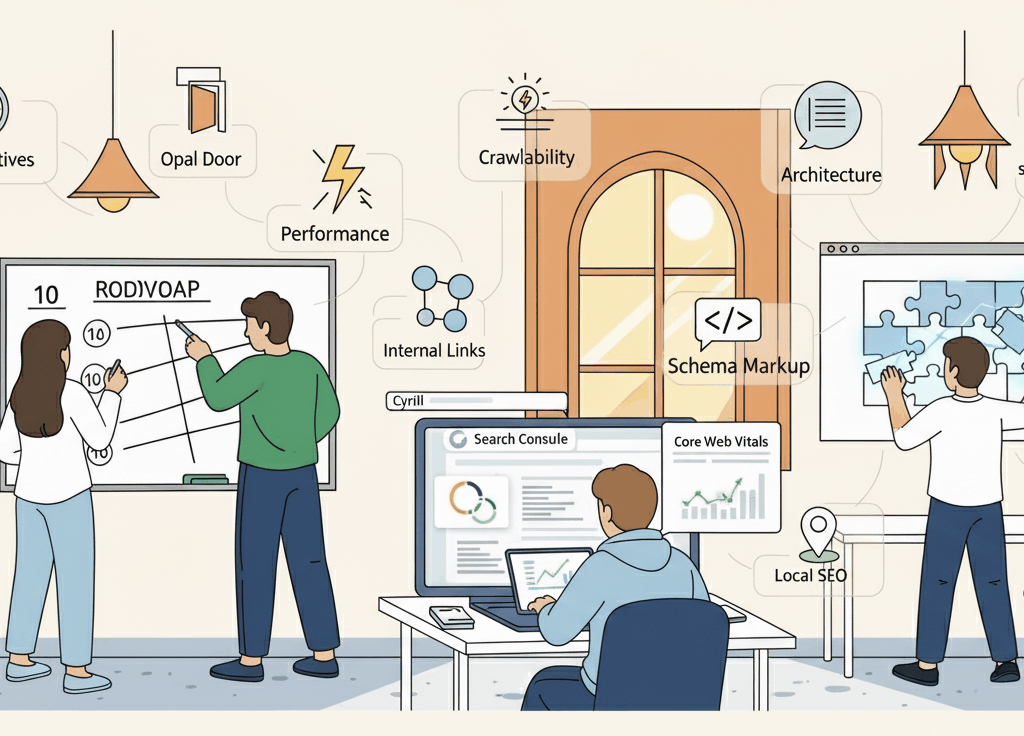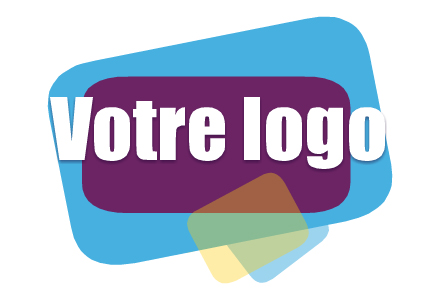 moha ait Ali (Morocco Tour Company) - Autres Blogs
moha ait Ali (Morocco Tour Company) - Autres Blogs
Page Vitrine : https-moroccotourcompany-com
2025-05-13
Moroccan Women; What You Should know?
1. Guardians of Tradition and Culture:
Moroccan women have historically been the custodians of the country's rich cultural heritage. They play vital roles in preserving traditional crafts such as weaving, embroidery, and pottery, often passing these skills down through generations. In rural areas, women produce iconic Berber rugs, contributing to both cultural preservation and economic sustainability. Additionally, women are central to Morocco's culinary traditions, maintaining and innovating recipes that are integral to national identity.
2. Advancements in Education and Empowerment:
Education has been a significant avenue for empowerment among Moroccan women. Over recent decades, increased access to education has led to higher enrollment rates for girls in primary and secondary schools. Despite these advancements, challenges persist, particularly in rural areas where early marriages and limited resources hinder progress. Nevertheless, many women are pursuing higher education and entering fields traditionally dominated by men, such as engineering, science, and politics.
3. Economic Participation and Challenges:
While strides have been made, Moroccan women still face significant barriers in the labor market. A study by Morocco’s Statistics and Forecasts Office (HCP) revealed that 73% of women do not participate in the formal economy, with married women and young women aged 25 to 34 being the most affected. Societal expectations and gender-specific challenges contribute to these disparities, highlighting the need for targeted policies to promote gender equality in employment.
4. Pioneers in Arts and Media:
Moroccan women have made significant contributions to arts and media, often using these platforms to challenge societal norms. Photographer Lalla Essaydi, for instance, is renowned for her staged photographs that explore the complexities of Arab female identities. Her work often features women adorned with Arabic calligraphy, questioning traditional gender roles and societal expectations.
5. Breaking Barriers in Sports and Activism:
In sports, women like Maryam El Gardoum are challenging gender norms. As a five-time Moroccan surf champion, she established Dihya Surf School to encourage women to engage in surfing, a sport traditionally dominated by men. Her efforts have inspired a new generation of female surfers, promoting equality and empowerment through sports.
6. Social Entrepreneurship and Community Development:
Social initiatives led by Moroccan women are fostering community development and empowerment. The Amal Women's Training Center and Moroccan Restaurant in Marrakesh, founded by Nora Belahcen Fitzgerald, provides culinary training to disadvantaged women, enabling them to gain employment and achieve financial independence. This model of social entrepreneurship demonstrates the transformative impact of empowering women through skill development.
7. Advocates for Change and Representation:
Moroccan women are increasingly visible in political and advocacy roles. Leila Benali, Morocco's Minister of Energy Transition and Sustainable Development, exemplifies women's growing participation in governance. Despite facing scrutiny over her personal life, Benali's position highlights the progress and ongoing challenges women face in leadership roles.
In conclusion, Moroccan women continue to navigate and reshape the cultural, economic, and political landscapes of their country. Their resilience and contributions are integral to Morocco's ongoing development and modernization.

